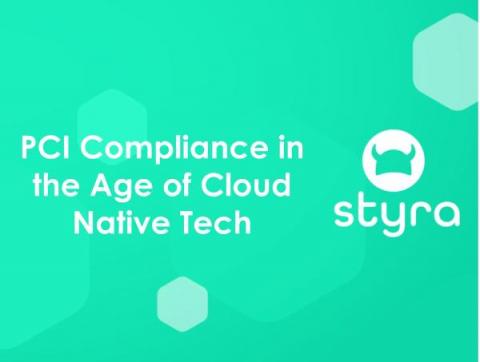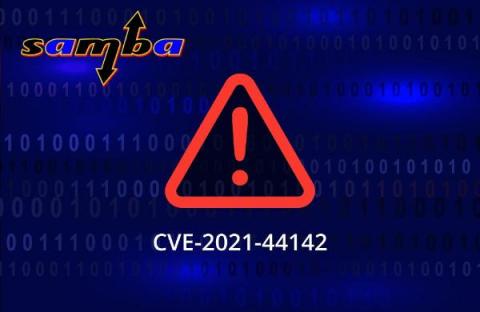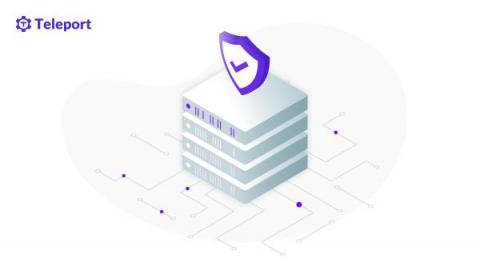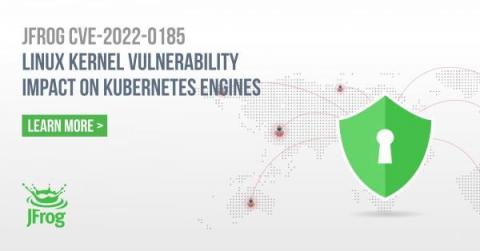Vulnerability Patching: A Resource Guide
Vulnerability patching is the short-term implementation of patches, which are pieces of code added to existing software to improve functionality or to remove vulnerabilities that have been flagged. Patches usually come from vendors of affected hardware or software and IT should apply them to an affected area in a timely manner.










